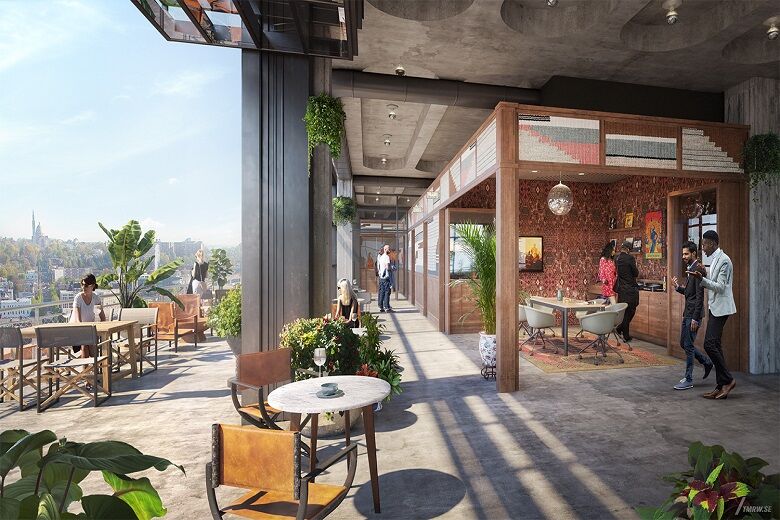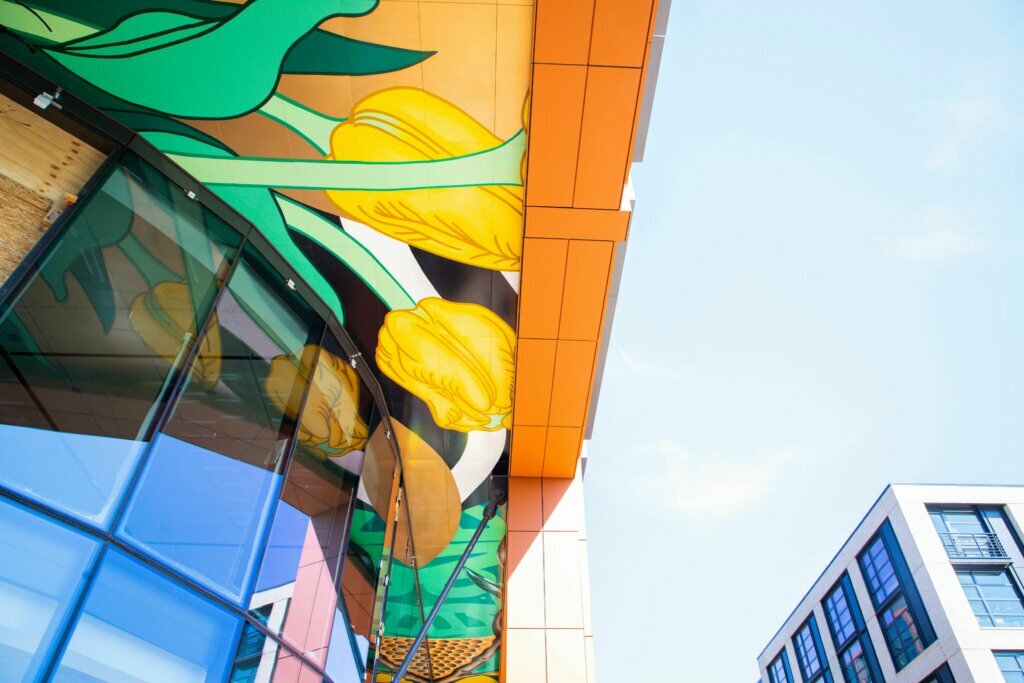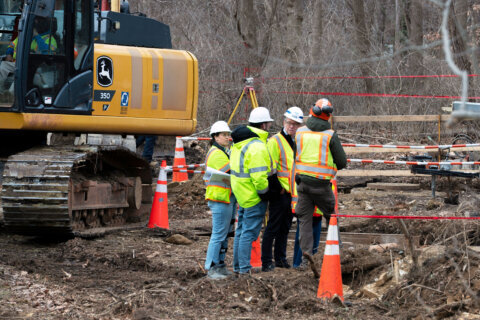
As more and more people get vaccinations against COVID-19, businesses are finally able to look toward bringing more employees back into the workplace.
One big challenge: A lot of employees don’t feel like coming back to the office. And Oliver Carr, whose Carr Properties owns 11 high-end office buildings in D.C., nearby Maryland and Virginia, with two more under construction, knows it.
“Being in the office business, it’s on us to create the places that people want to come back and work in,” Carr told WTOP. “We need to make our buildings, frankly, feel more like home.”
A recent survey by global staffing firm Robert Half found one in three remote workers may quit, if required to return to the office full time. Nearly half — 49% of workers say they prefer a hybrid model, while 26% said they prefer full-time remote; 25% said they prefer full-time in the office.
“Despite some challenges, it has allowed many to better balance work and home life,” said Beth Sears, vice president for Robert Half in D.C. “Workers like to feel like they have some control over their schedule — companies that offer this will stand out when looking for top candidates.”
Carr said his company has been retrofitting and building workplaces to make them more homey.
“We do that by creating a lot of places to work outside the office,” Carr said. “Maybe great roof decks, or lobbies that have casual seating areas or places you can take your laptop out of the office and work in a really special environment.”
Carr acknowledges that after a year of working away from the office, employees have gained leverage from their employers in expecting to be able to do their job in as safe an environment as possible.
“Historically, in the office business, the focus was on the company, and maybe leadership of the company,” Carr said. “We now know that our customers are all the individuals that come into our buildings, every day.”
To entice them to return, office building owners will need to take extra safety steps: “Much better air filtration; we’ve installed UV lighting that kills viruses in all of our building air systems. Touchless technology — so, opening a door, you can use your hand or your phone. It’s really a choice.”
In addition to health precautions, Carr said he believes office buildings and a company’s employees benefit from artistic and comfort features that may not directly affect sales or productivity.
Signal House, in the Union Market District of D.C., next to Florida Avenue Northwest, will open in the next month. It contains outdoor artwork from locally based mural artist Miss Chelove.
“It’s fun, and it makes people feel good, and maybe feel a little less like they’re at work, and a little more like they’re out in the community, and living their life, which is part of the goal.”








